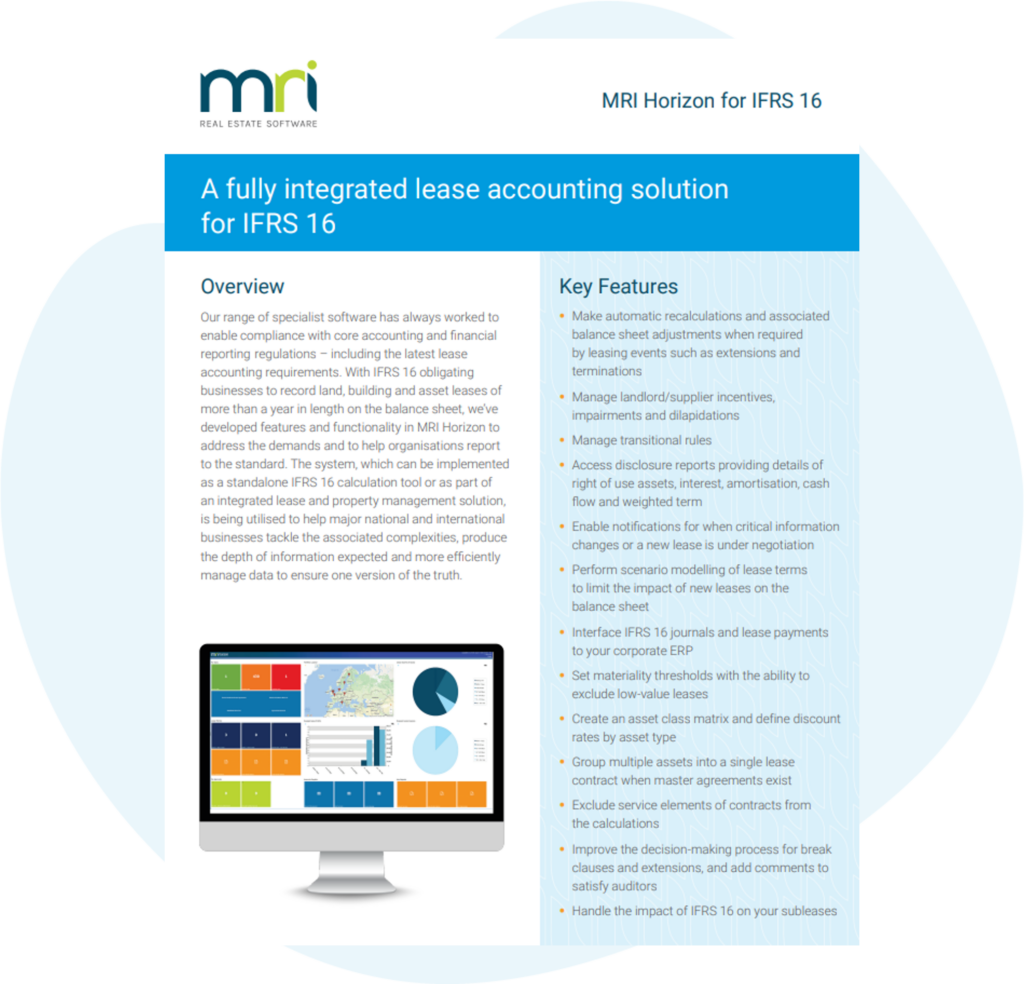Prepare for 2021 and beyond with these 6 PropTech strategies
The past year has been challenging for nearly every segment of the real estate industry. The COVID-19 pandemic initiated massive changes in behavior and transformed how people interact with property. Working from home, non-essential store closures, increased demands for home delivery, a collapse in dining, sports and entertainment, eviction moratoriums and mass unemployment have challenged every corner of real estate. At the same time, in order to maintain operations and serve customers, the pandemic also accelerated technology adoption, shining the spotlight on PropTech.
In 2021, PropTech continues to be at the forefront of the ongoing transformation of the real estate industry. There are six key strategies that should be embraced to ensure success, to drive value and to get the most from the technologies that are available today while positioning for the ones on the horizon.
Digitalize now
Technology continues to be the main enabler in separating activities from the places in which they usually occur. The pandemic has accelerated many of those trends, especially in real estate. With quick pivots from companies across the globe, business went forward even as office-based employees were sent home. Business thrived and proved that there was another way, a digital way, to continue operations, maintain effectiveness and drive new efficiencies. Driven by necessity, the digital pivot must now be mainstreamed as one of the default ways to enable business.
Differentiate with data
With such a rapid transition to online activities over the past few years, many traditional data processing systems can no longer manage the voluminous data sets of the modern era – what we know today as “big data.” No matter how overwhelming it may be, this mass of data can be incredibly useful when it comes to addressing business problems that you might not have been able to tackle before. The trick is finding the signal in the noise. To best utilize and manage all of this data, you’ll need an enterprise-wide set of policies that define how data will be collected, stored, processed and communicated. In short, you’ll need a strategy and a set of tools to enable it.
Plan to win
This pandemic has created the most challenging moment for planning and forecasting since the Great Recession over a decade ago. But where the Recession impacted real estate in very specific ways, the effects of the pandemic are disrupting real estate in a much broader and deeper sense. In spite of all the unknowns, the need to reforecast 2021 and the years ahead provides an opportunity for technology to help lead the way. For short term planning and forecasting, integrated planning and budgeting tools can make quick work of using past periods to drive future period forecasts while providing for both general and specific assumptions.
Manage risk and compliance
Managing risk and compliance is a job with no end. New challenges arise and old ones evolve in unexpected ways. As new regulations are enacted by federal, state and local agencies, technology and data can make the never-ending quest to mitigate risk and remain in compliance a little less daunting. When risk is managed and fraud is eliminated, both the property and residents benefit and create a stronger, safer community.
Engage customers
With the world going paperless, it is clear that integrated virtual portals and other forms of web-based technologies are critical for customer engagement. While self-service extensions of transaction systems are the most common starting point, there are plenty of other customer engagement solutions now finding their footing in the real estate industry. These new capabilities are placing the customer (or in this case, the resident/tenant) at the center of the relationship, which is where the lease used to be. It’s about relationships, not accounting.
Reinvent the workplace
When the pandemic first started to impact organizations a year ago, a large portion of the workforce, especially office-based staff, decamped and quickly transitioned to working from home. Business processes quickly pivoted to paperless processing, digital signatures, and video conferencing. With 2020 behind us, we can confidently say that working from home full time is not just possible for many; it can be a setup for success. This begs the question: What do we need from a future office space…if one is needed at all?
Technology adoption and innovation continues, and PropTech has never been in a better position to drive positive change for real estate enterprises and their customers. Digitalized processes, data-driven differentiation, tech-powered planning processes, improved risk and compliance management, greatly enhanced customer engagement and the reinvention of the workplace are six key technology strategies that should be embraced in 2021 and used as a foundation for the rest of the decade.
A fully integrated lease accounting solution
for IFRS 16
In today’s dynamic financial landscape, achieving compliance with evolving accounting and reporting regulations is more critical than ever. MRI stands at the forefront of facilitating this compliance, particularly in light of the demands set fo…
